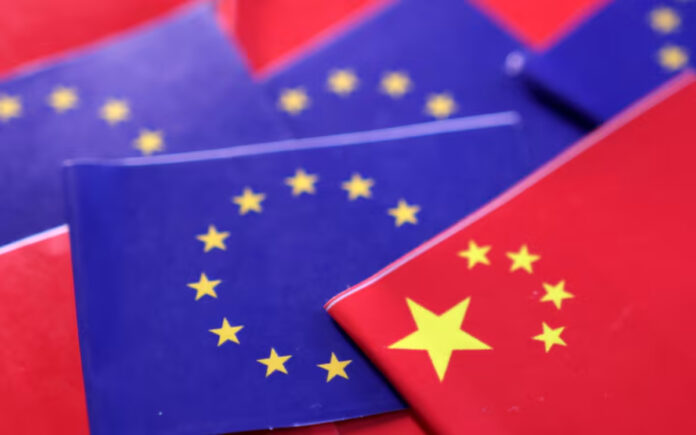Brussels: European Union governments have approved a proposal to restrict the participation of Chinese medical device suppliers in public tenders, citing unequal access for European companies to China’s public procurement market, according to EU diplomats.
The proposed measures, put forward by the European Commission, mark the first application of the EU’s International Procurement Instrument (IPI)—a tool aimed at enforcing reciprocity in global procurement markets. The Commission launched its investigation into China’s procurement practices in April 2024, finding substantial evidence of discriminatory treatment toward EU firms.
Under the IPI, the European Commission can either exclude Chinese firms from major EU public procurement contracts or assign them a penalty score, effectively reducing their chances of winning bids. These restrictions would apply for a five-year period, and must adhere to the EU’s legal requirement of being “proportionate.”
The Commission confirmed on Monday that it had submitted a proposal to member states but declined to disclose the result of the vote, the proposal’s content, or what the next steps might be.
Officials previously indicated they had found “clear evidence” that Chinese tender conditions favored domestic manufacturers—particularly in the healthcare sector—resulting in extremely low bid prices that profit-driven EU companies could not match.
The proposed restrictions come amid already heightened tensions between Brussels and Beijing, following EU tariffs on China-made electric vehicles and reciprocal Chinese investigations targeting EU-made brandy.
EU Trade Commissioner Maroš Šefčovič was scheduled to meet Chinese Commerce Minister Wang Wentao in Paris on Tuesday, according to the official agenda. The meeting is expected to address escalating trade friction and the broader EU-China economic relationship.
Also Read | At Least 27 Palestinians Killed Near Gaza Food Aid Site Amid Israeli Fire
China reacted sharply to the EU’s move. “The EU has always claimed to be the most open market in the world, but in fact, it is moving step by step towards protectionism,” Chinese foreign ministry spokesperson Lin Jian told reporters during a regular press briefing.
The China Chamber of Commerce to the EU also criticized the decision, expressing “profound disappointment” and arguing that it failed to recognize the access that European firms had historically enjoyed in China’s medical device market.
“At a time when the global trade faces considerable uncertainty, and certain countries are resorting to unilateral tariff measures that disrupt global market order, China and the EU… should jointly uphold free trade,” the Chamber said in a statement.
Also Read | Zaporizhzhia and Kherson Plunged Into Darkness After Ukrainian Attacks
A detailed Commission report published in January revealed that 87% of Chinese public tenders examined included explicit or indirect restrictions on foreign medical devices. It also noted a steady rise in tenders explicitly banning imported devices from 2022 through 2024.
The Commission stated that the most affected products included ENT (ear, nose, and throat) devices used for airway clearance, general diagnostic tools, and imaging technologies.
Despite the findings, the Commission noted that Beijing has yet to propose any corrective measures to address the issue. Nevertheless, officials indicated that there remains room for negotiation, and that a mutual agreement could still be reached to avoid the full implementation of EU restrictions.



